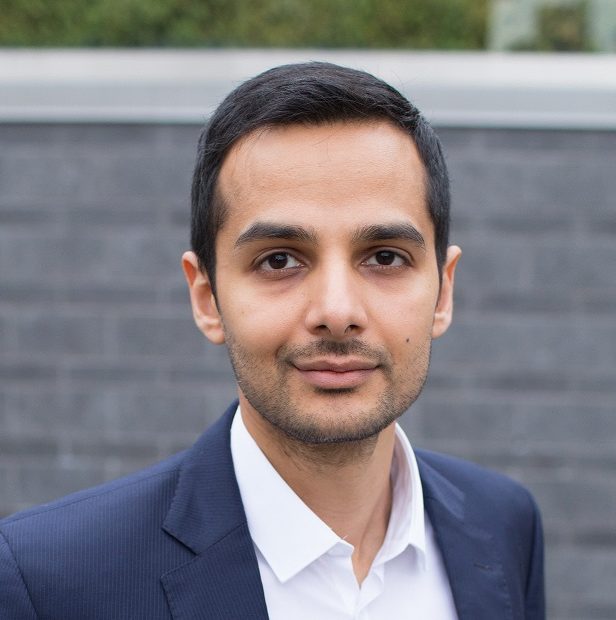In this episode, we examine the state of energy integration in Africa, a continent striving for both sustainable development and industrialization. We delve into the current challenges, the tension between renewable energy and fossil fuels. Ultimately, the episode sheds light on the intricate balance Africa must strike between energy diversification, industrialization, and environmental sustainability.
Speakers

Hamza Mjahed
International Relations Specialist - Strategic Monitoring & Analysis Unit
Hamza Mjahed is an International Relations Specialist at the Strategic Monitoring and Analysis Unit at the Policy Center for the New South. His research focus on the Western Maghreb and examining the relationships between non-African states and the African continent.
Hamza Mjahed holds an excellence license degree in political science from Mohammed V University, Morocco, and a Master of Arts from Hochschule Furtwangen University, Germany. He is currently pursuing an MSc in the Geopolitics and Geo-economics of Emerging Africa from HEC Paris and Mohammed VI Polytechnic University.
...







